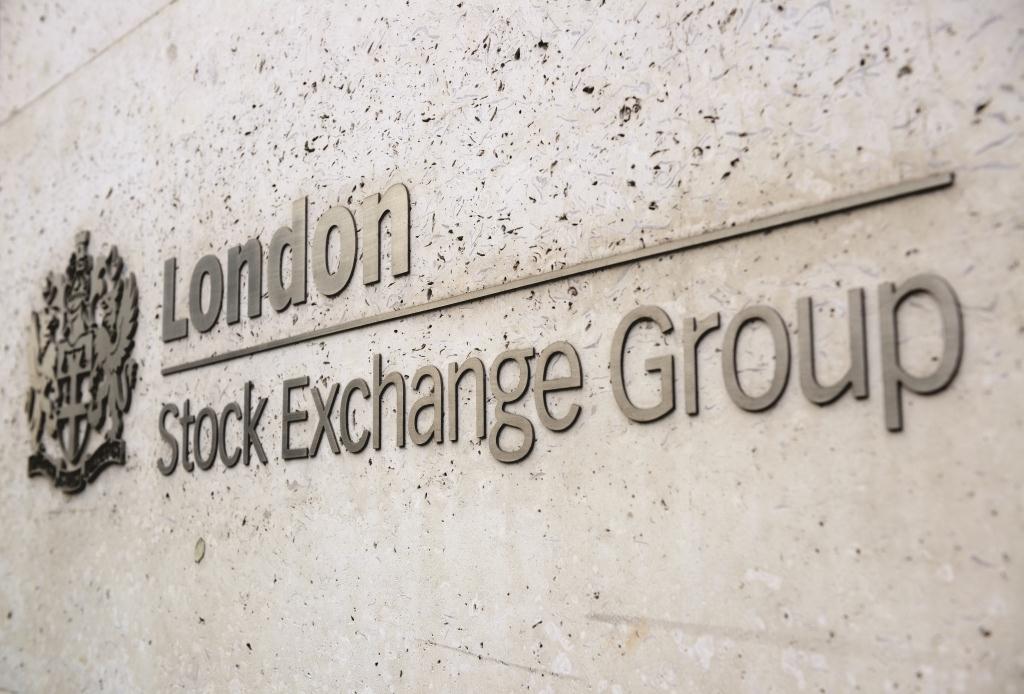As international investors became more familiar with the continent, international listings and debt offerings by African companies increased as the need for capital to power investments intensified. Record low interest rates globally created an issuer-friendly debt market over the past five years, while foreign equity markets also made it easy for African companies to list. By 2013, over 100 sub-Saharan focused entities were represented on the London Stock Exchange (LSE), with a total market capitalization of $70 billion which accounted for roughly 5% of Africa’s total market capitalization.
This year, the much anticipated listing of Dangote Cement on the LSE is expected to be the latest African-based issuer. As a result of this trend, many emerging market equity players have come to prefer gaining exposure to African companies via developed world exchanges as opposed to investing via the issuer’s local bourse.
Nonetheless, due to the increase in interest rates in the United States (US) and subsequent weakening of local currencies relative to the US dollar and other major funding currencies, this trend is likely to dissipate this year as repayment of foreign currency denominated bonds has become more expensive. Moreover, the implosion of developed equity markets means investor appetite for international listings may not be sufficient. For this reason, since raising capital is a continuous process, this could the perfect opportunity for Africa’s capital markets to rise up and lure more African companies from the grip of international bourses. London has remained a leading destination for African companies listing abroad for over 60 years, according to LSE. Needless to say, work is clearly cut out for the more than 23 African stock exchanges to improve their platforms to succeed in this.
Perhaps the place to start is solving the challenges of illiquidity, high trading costs and small-sized markets. In my view, the last two require the integration of regional stock exchanges, such as what has been done successfully by the BRVM in West Africa and what the East African Community (EAC) is seeking to do. In this regard, the Johannesburg Stock Exchange (JSE) could consider relaunching the Africa Board, implementing the lessons learned from the initial failed attempt in 2009. Considering the economic size of many African nations, it’ll be very expensive to operate such an exchange.
On illiquidity, there will be need for more investor education and more listings for change to occur. Surely, something is not right when the second biggest equity market in sub-Saharan Africa, Nigeria’s stock market, has a daily turnover of less than $30 million. The Nairobi Securities Exchange has 61 listings, but just 10 of those constitute roughly 90% of its annual markets liquidity. Further progress would also require African countries to harmonize their trading laws and accounting standards, set up convertible currencies and establish free trade among members.
Despite this, African capital markets have been growing and gaining recognition over the years. At the end of 2015, total market capitalisation stood at $1 trillion, up from $113 billion in 1992. African equities are now included in emerging frontier indices and Africa-focused benchmarks indices, such as the Russell Frontier Index (RFI), MSCI Emerging Markets Africa (excluding South Africa) Index, S&P Africa Frontier, S&P Pan Africa, and FTSE ASEA Pan Africa Index. According to PwC’s recent 2015 Africa Capital Markets Watch, over the past five years alone, there were more than 100 initial public offers (IPOs) and 336 further offers (FOs), raising a total of $41.3 billion. Furthermore, African equity markets have seen a surge in Africa-focused equity funds, such as JPMorgan’s Africa Equity Fund and the Old Mutual African Frontiers Fund, which invest directly in equity and equity-related securities of companies domiciled or listed on an African exchange.
Given Africa’s economic prospects and volatility in global capital markets, now is the time for Africa to establish its exchanges in order to offer its home-grown enterprises the services that they need, while also tapping into the growing portfolio allocations toward the continent. For Africa to emerge as an important player in the world of capital markets, a well-established capital market is necessary to provide a better alternative to its well-known rivals.
They say a journey of thousand miles start with a step – thankfully Africa has already made several steps and is closer to its destination.
